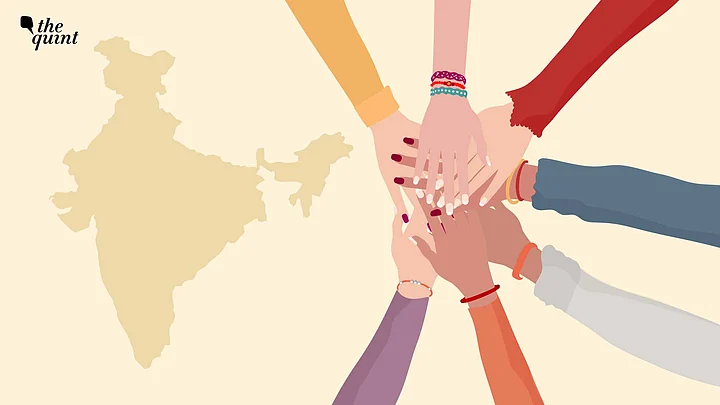Dear fellow citizens of India,
I am writing to you as a woman, a mother, a working professional, and a person with a disability – namely, visual impairment.
I am not "specially abled," "differently abled," or "inspirational" in some extraordinary sense. Nor am I “handicapped.”
I am simply a person with a disability; one who faces everyday barriers and yearns for a true sense of freedom in this land that we call home.
The Preamble to the Constitution of India begins with a powerful declaration – “We, the people of India…”. It doesn’t say “We, the able-bodied people of India,” but “We, the people”. All of us. It goes on to assure justice, liberty, equality, and dignity for all.
Yet, when it comes to people with disabilities, these assurances are often just words on paper rather than lived realities.
The United Nations Convention on the Rights of Persons with Disabilities, to which India is a proud signatory, asserts that every person has the right to enjoy all human freedoms and rights fully.
It reminds us that disability is often less about a person’s limitations and more about the physical and attitudinal barriers society builds around them.
The Universal Declaration of Human Rights states, “All human beings are born free and equal in dignity and rights.” It should be understood that this includes persons with disabilities, yet so many of us find our freedom and dignity questioned or even denied.
The True Meaning of Freedom
So, what does freedom mean for me? It’s simple; the ability to move independently and freely.
For starters, accessible infrastructure – smooth footpaths, accessible bus stops, and functioning elevators at railway stations – would be transformative.
Yet, freedom is about more than physical infrastructure; it’s also about mindset. Too often, I’ve been asked by strangers, “Why do you travel alone, madam?” or “What is your salary?” I doubt someone without a visible disability would face these invasive questions.
As a woman, I wonder if it’s because of that, my disability, or a combination of the two.
When I travel with my daughter, she sees the endless stares directed at us, as if we were from another world. She bears the weight of those glances because she’s with me, and it makes her uncomfortable.
Would these people do the same to another woman or mother? Of course, my visual impairment means I can’t see them staring but the discomfort it causes my daughter has a sting of its own.
There’s another dimension to freedom that I, and many persons with disabilities, struggle with – financial independence. I am grateful to hold a good job today, yet I cannot forget the years spent searching for work.
Job opportunities slipped away, not because I lacked skills or experience, but because interviewers made assumptions about my capabilities based on their understanding of disability – a perception they didn’t even seek to verify.
Many qualified individuals with disabilities spend months, even years, trying to secure work. As they wait, their confidence erodes, their mental health suffers, and they are forced to depend on family or friends for financial support.
This isn’t just about economics; it’s about dignity.
Society perpetuates the myth that people with disabilities are dependent on others when, in fact, they are made dependent by the stereotypes of others, not their own limitations.
I want India to be a country where every person, regardless of ability, can access equal opportunities, both in their professional and personal lives. A country with well-maintained paths and roads, where people respect our privacy, personhood, and dignity. A country where freedom truly means freedom for all.
I don’t want sympathy or to be an “inspiration”. What I want is a society where people with disabilities can live, work, and move without the constant reminder that they are different.
Real freedom is having the choice to go where I want, work as I am capable, and raise my daughter in a world that recognises me for who I am.
With hope,
Ashmira,
A fellow citizen
(Ashmira is a visually impaired woman, who works for a non-profit called The Association for People with Disability. This is an opinion piece and the views expressed are the author's own. The Quint neither endorses nor is responsible for her reported views.)

